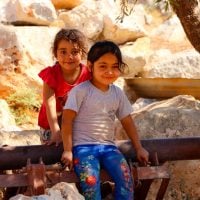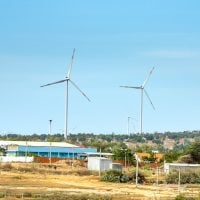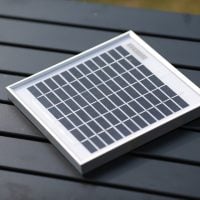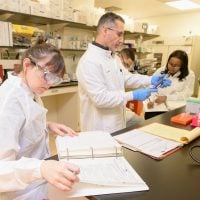Deadline: 24-Sep-2025
The British Council is inviting applications for joint research funding proposals from institutions in the UK and the Kingdom of Saudi Arabia (KSA). These grants, under the International Science Partnerships Fund (ISPF), aim to foster seed funding for collaborative projects between academic groups, departments, and institutions in both countries.
The grants support the creation of new collaborations, the development of existing partnerships, and engagement with non-academic organisations to drive research impact. They also aim to establish local hubs in specific areas to connect with broader research and innovation communities.
Priority areas for this funding include themes under “Resilient Planet” such as water efficiency, treatment, environmental monitoring, and protection, and under “Healthy People” like antimicrobial resistance, epidemic preparedness, early diagnosis, precision medicine, genomics, and genetic diseases.
Funding is capped at £80,000 per project, for a maximum duration of two years. Eligible costs for not-for-profit organisations and research institutions include staff salaries, consumables, travel and subsistence for exchange activities, and indirect costs such as estate and administrative expenses. No single item over £10,000 can be included in the budget.
Funded activities are expected to begin after 1 February 2026 and end by 31 January 2028. Eligible costs are broken down into directly allocated (shared resource estimates), directly incurred (actual expenses with audit records), and indirect (administrative overhead) categories. Staff costs, travel expenses, and research-related consumables are all considered allowable.
Travel must be essential and justified, and can include economy class flights, visas, vaccinations, and insurance. UK-only indirect and estates costs can include infrastructure, utilities, equipment depreciation, and facility management. Standard office equipment and communication tools are also covered under these costs, but not specialist research equipment over £10,000.
However, the grant does not cover equipment purchases, studentships, expenses for promoting prior research, patent costs, or entertainment and excessive hospitality expenses.
To qualify, each proposal must have one UK and one KSA project leader, both of whom should be established researchers. UK applicants must be employed by a not-for-profit higher education or research institution with a contract covering the entire grant period. KSA project leaders must be affiliated with Saudi academic or research institutions.
Only institutions capable of managing the grant can apply as lead institutions. Multiple departments from a single institution can apply as long as the proposed projects are distinct. A project leader can only submit one application per call, and those currently holding an ISPF grant are not eligible. Overseas branches of UK institutions cannot act as lead institutions.
Only not-for-profit higher education institutions and publicly funded research organisations can apply as lead applicants. For-profit organisations are not eligible to lead applications.
For more information, visit British Council.









































